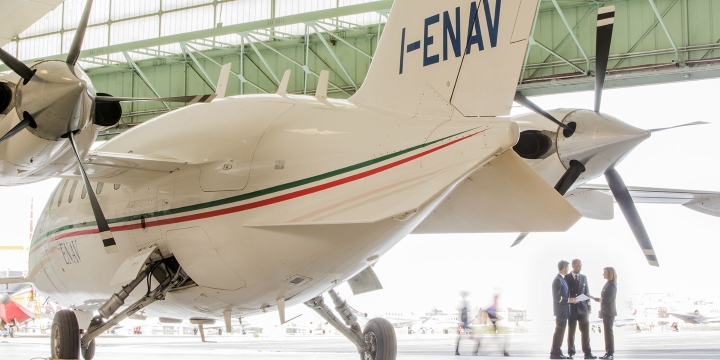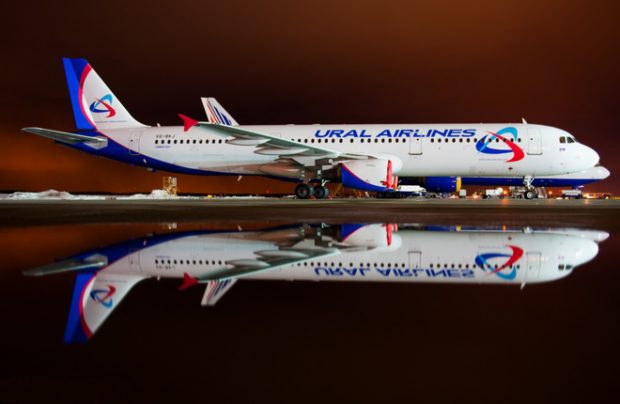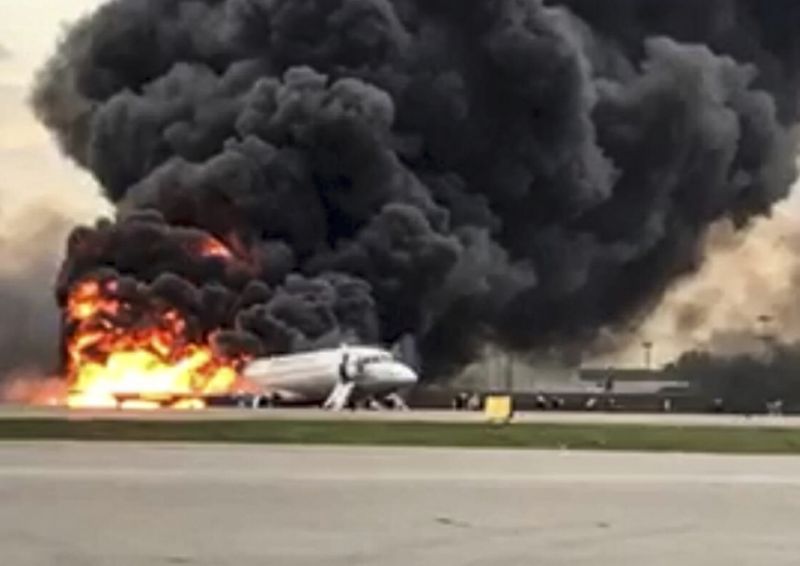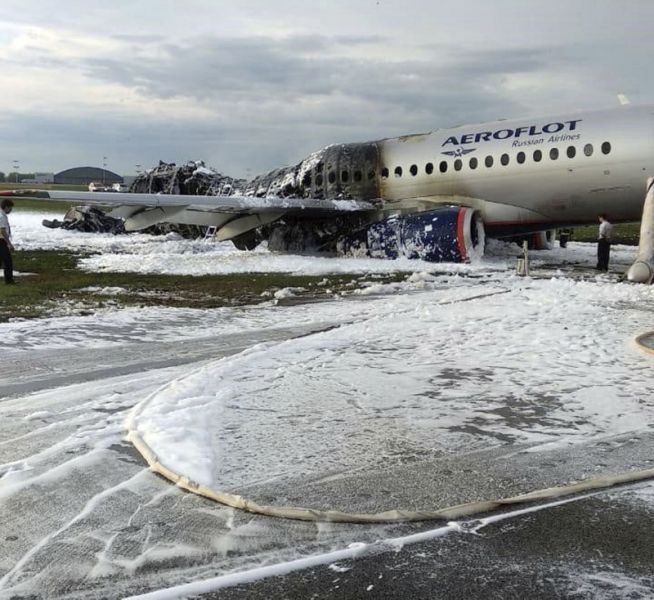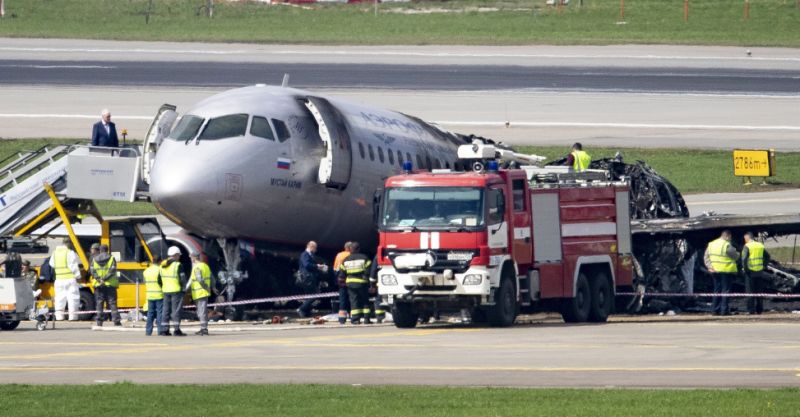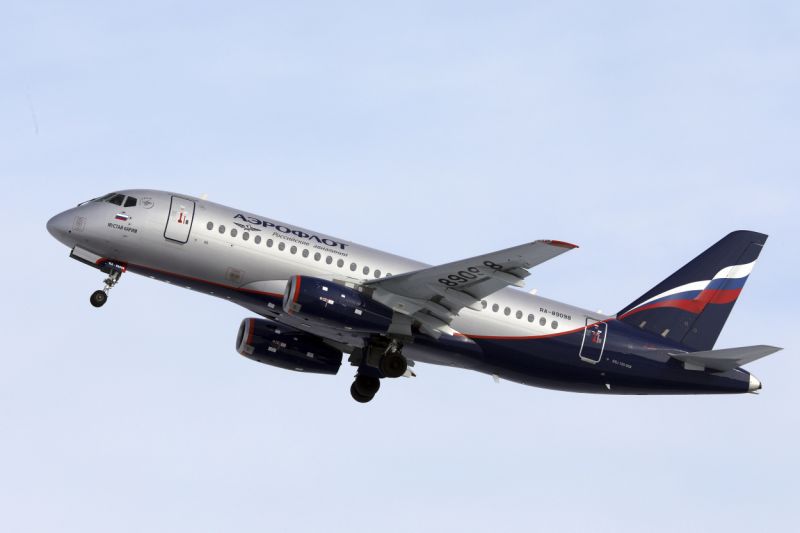MOSCOW (Reuters) – A unit of Russian conglomerate Rostec said on Tuesday it was ready for an out-of-court settlement with Boeing over its order for 35 Boeing 737 MAX jets, a spokesman for Rostec’s subsidiary Avia Capital Service told Reuters.
Boeing MAX 737 jets have been grounded worldwide and airlines are cancelling multimillion contracts following crashes in October and March that killed 346 people.
Earlier on Tuesday, Rostec said its unit had filed a lawsuit in the United States to cancel its order for the 35 MAX jets. The Financial Times, which first reported the move, said Avia Capital Service gave Boeing a cash deposit of $35 million.
A spokesman for Avia Capital Service told Reuters that delivery of the jets was first scheduled for October 2019 but was moved to March 2022. The Rostec unit had paid Boeing a deposit and was suffering losses from non-delivery, he said.
“If Boeing executives show a good will, we are ready to hold talks and find a mutually-beneficial out-of-court settlement for compensation of the losses we have suffered,” he said.
He added that the jets were ordered for a number of Russian air companies, including domestic low-cost firm Pobeda, a unit of the state carrier Aeroflot.
Russia is mainly using Boeing and Airbus jets for passenger flights, with a number of domestic airlines also adding Russian-made regional Sukhoi Superjet aircraft to their fleets.
The Rostec subsidiary now wants the deposit to be returned by Boeing with interest, along with $75 million in “lost profit” and about $115 million in compensatory damages, plus “several times the amount” in punitive damages, the FT said.
Rostec declined to provide further details about the lawsuit.
(Reporting by Gleb Stolyarov; writing by Anton Kolodyazhnyy and Tom Balmforth; Editing by Sherry Jacob-Phillips/Katya Golubkova and Emelia Sithole-Matarise)

